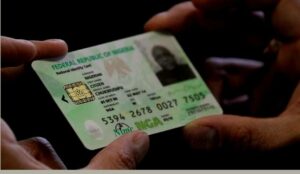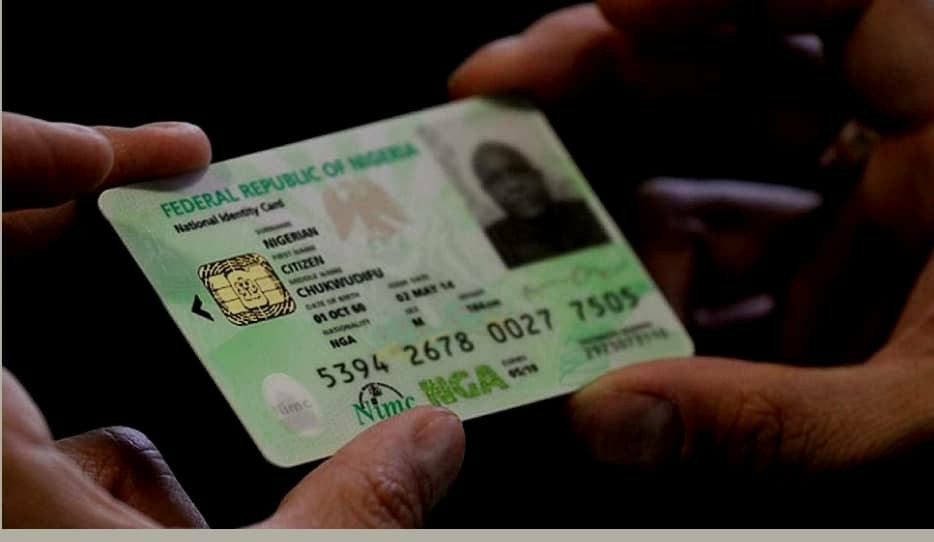December 24, 2024.
 The Director-General of the National Identity Management Commission (NIMC), Engr. Abisoye Coker-Odusote has said that the as of October this year, the Commission had issued NIN to 115 million Nigerian and legal residents.
The Director-General of the National Identity Management Commission (NIMC), Engr. Abisoye Coker-Odusote has said that the as of October this year, the Commission had issued NIN to 115 million Nigerian and legal residents.
However, the World Bank has reviewed the target for Nigeria under the Digital Identity for Development, ID4D, increasing the number of Nigerians to be issued the National Identification Number, NIN, from 148 million to 180 million.
In a resent document on the project’s restructuring released by the Bank, though Nigeria missed the initial target of 148 million NIN by June 2024, it has made significant progress that has warranted the need to extend the project and expand it to cover more Nigerians.
Despite the issuance of NIN to about 115 million Nigerian and legal residents. the World Bank noted that a gap still exists as almost half of Nigerians, mostly women, persons with disabilities, and disadvantaged persons, still do not have digital identification.
The world bank stated that not been captured in the NIN, excludes the most vulnerable population from receiving government assistance, financial inclusion, and transacting in the digital economy.
The Bank, however, noted that the ID4D project has already started to close this gap through targeted enrollment for the poor and vulnerable.
“This project aims to support universal NIN coverage by increasing the target for the number of NIN to be issued under the project from 148 million to 180 million. This will have transformational impact by enabling Nigerians to utilize digital identification for prosperity.”
According to the World Bank, the Nigerian government had on May 31, 2024 requested for a three-year extension of the ID4D project and agreement was reached on a two-stage restructuring and extension plan.
READ MORE; Illegal Charges By FEP In Nigeria’s Identity Project
The first stage was processed in June 2024 to extend the closing date from June 30, 2024, to December 31, 2024, update the results framework, and remove activities that no longer aligned with Government priorities.
The 6-month extension was granted to allow the government of Nigeria to demonstrate its commitment to project implementation, by designing and launching the procurement of a new national identity management system on an open-source architecture that is modular, interoperable, and scalable.
The project’s total financing amounts to $430 million equivalent, $115 million of which are from the World Bank’s IDA, $100 million equivalent from the French Development Agency, AFD, and $215 million equivalent from the European Investment Bank, EIB.
The Bank disclosed that so far, 53.16 of the fund has been disbursed but added that Nigeria has made significant progress toward fulfilling the final disbursement condition, which is the amendment of the NIMC Act to promote an inclusive and non-discriminatory legal and regulatory framework.




